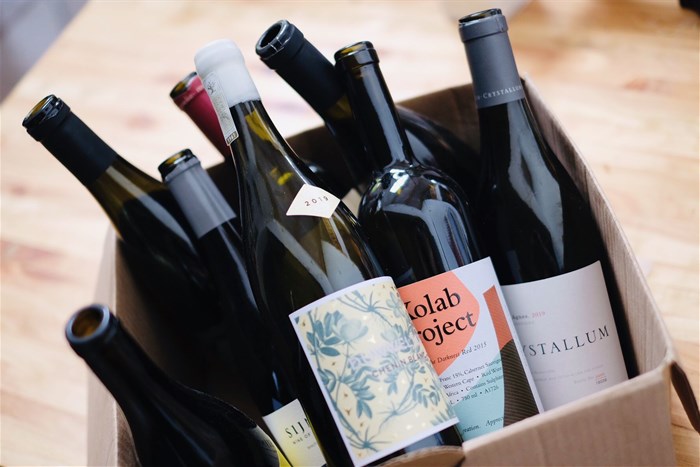
Subscribe & Follow
SA wine in the time of coronavirus: A case of adapt or die

Wine producers, big and small
From the looks of things, no wine producer, big or small, will escape this lockdown unscathed. For years now, larger corporates have been on edge, reshuffling, downsizing and selling off less profitable brand assets in an effort to keep afloat. The lockdown adds further fuel to an already raging fire, with some bigger key players withholding payment to suppliers, claiming force majeure (against the president’s recommendation). This has a devastating ripple effect on smaller businesses further downstream.
Meanwhile, both large and smaller boutique wineries were caught at the tail end of harvest when the lockdown was enforced, leaving them scrambling to arrange permission to continue picking fruit or having to rush to get their last grapes in. With lockdown leaving only essential workers in place, how will this impact the final outcome of vintage 2020? And beyond the wine, how do five weeks of limited sales avenues impact an already struggling industry? Bespoke wineries often sell their wines at premium prices, leaving little room for a market that is going to be more pocket-and less palate-sensitive for the next while. And while a temporary lifting of the ban on exports in the second week of lockdown provided some interim relief, since the more severe measure prohibiting all transport of liquor was put in place towards the end of week three, this glimmer of hope has vanished. Exporters are particularly worried that their inability to supply international markets will result in the loss of key listings, which may potentially take years to win back.
Beyond winemaking
Beyond wine producers themselves, the industry employs thousands in a vast ecosystem of suppliers, distributors, retailers, restaurants, bars, hotels, lodges and caterers, many of whose livelihoods depend at least partially on wine sales. One can reasonably assume that once lockdown lifts, pent-up retail sales will boom, so those positioned in the retail supply chain will hopefully receive some welcome relief. The hospitality sector, however, is likely to see a downturn for the months to come, until such a time that Covid-19 is no longer a threat. Those who make it through the initial lockdown are going to have their work cut out for them (quite literally) in adapting to a new reality. Whether it’s restaurants getting creative with delivery options, or distribution businesses changing tack completely with the products and services they offer, as well as how they offer them, it’s going to be a case of adapt or die.
The future is online
For wineries resisting the importance of updating and keeping a relevant and current digital brand offering, unfortunately, the lockdown has brought with it some hard lessons. For those who have paid attention in recent years to growing social media platforms, databases and having a functioning and user-friendly online shop, now is the time to reap the rewards. How else can you speak to your customers when every other avenue is shut? Suddenly, those 10K followers become 10,000 potential people you can reach directly. As soon as the lockdown alcohol ban lifts, there is no doubt that those who are e-commerce ready will be the biggest winners. For those that aren’t, now is the time to redistribute marketing spend and focus on digital presence. If that’s not an option, it’s time for wineries to make their offerings attractive to established online wine retailers and incentivise them to promote their wines.

A shift in content
While having a digital presence online has never been more important, it is also crucial for wine businesses to ensure they are managing the kind of content they’re putting out there. With pocket strings tight and people living in fear, content needs to change – and fast. Social distancing and staying safe at home will no doubt remain in place for the foreseeable future. Content needs to be Covid-19 sensitive and adapted to the new reality. While there’s no one-size-fits-all approach, relevant content can centre on pairing wine with home-cooked meals, stocking one’s cellar with budget-friendly wines and enjoying wine responsibly, at home and with limited company. Allowing scheduled content from three months ago to go out now comes across as inconsiderate and shallow, quickly surmounting to brand damage if not monitored closely.
Ultimately, the wine industry is facing unprecedented times with unpredictable challenges. Yet, much like vines, us oenophiles are a resilient bunch. You can take away our essentials and have us endure the stormiest of weather conditions, yet, somehow, the fruit for the next vintage will be all that much sweeter. We’re sure of it.












